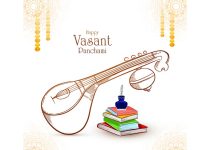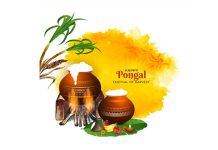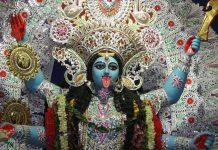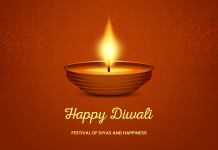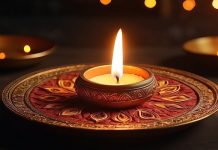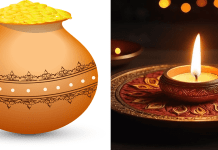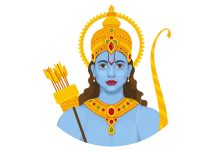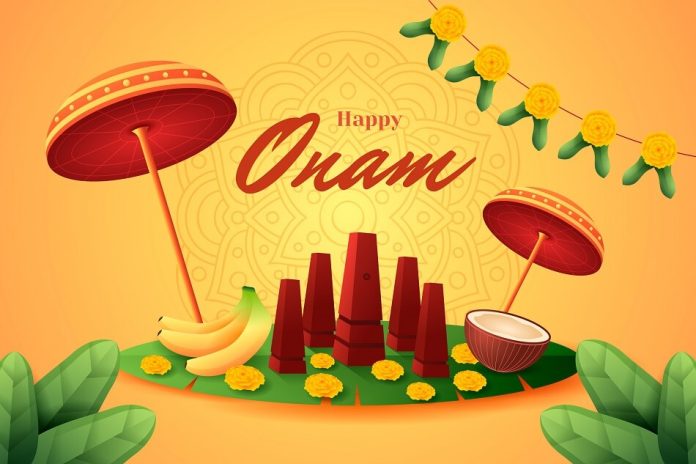
The festival of Onam is a vibrant and cherished tradition that weaves together the vibrant tapestry of Kerala’s cultural heritage. Rooted in history and folklore, Onam transcends boundaries and brings together people of all backgrounds to celebrate unity, harmony, and the bounties of nature. This annual extravaganza is a mosaic of rituals, feasts, and vibrant displays that reflect the rich tapestry of Kerala’s history, mythology, and agrarian roots.
Origins and Legend:
Onam is believed to commemorate the homecoming of King Mahabali, a legendary ruler whose reign symbolized a time of unparalleled prosperity and social harmony. The story goes that King Mahabali’s devotion to his people led to a divine bond with Lord Vishnu. Despite being pushed into the netherworld, he was granted the boon of visiting his kingdom and people once a year, which is celebrated as Onam.
The Ten-Day Extravaganza:
Onam is more than just a festival; it’s a ten-day cultural extravaganza that sweeps Kerala into a frenzy of celebrations. Intricate flower carpets called pookalams adorn the entrances of homes, created with a meticulous arrangement of vibrant blossoms, showcasing the artistic spirit of the community. The grand Vallamkali (boat race) captures the essence of Kerala’s maritime history, where beautifully adorned snake boats race across backwaters with rhythmic rowing and cheers.
Onasadya: A Feast of Unity:
Central to Onam celebrations is the sumptuous feast known as Onasadya. This vegetarian feast comprises an array of dishes, served on a banana leaf. It symbolizes unity and equality, with everyone partaking in the same meal, regardless of social or economic status. The feast showcases the diversity of Kerala’s culinary heritage, from spicy curries to sweet payasams.
Pulikali and Kaikottikali:
Onam is also a stage for cultural performances. The Pulikali or tiger dance, a folk art form, brings streets alive with artists painted as tigers, hunters, and other characters. Similarly, Kaikottikali, a graceful dance performed by women in a circular formation, celebrates unity, joy, and tradition.
Unity in Diversity:
Onam unites people irrespective of religion, caste, or creed, exemplifying Kerala’s long-standing tradition of religious tolerance and communal harmony. The celebrations often bring expatriates and tourists into the fold, creating an atmosphere of inclusivity and cultural exchange.
Onam Today:
Modern Onam celebrations have evolved to blend tradition with contemporary elements. While the essence of the festival remains intact, new forms of artistic expression, such as elaborate light displays and modern adaptations of traditional performances, have emerged.
In conclusion, Onam stands as a timeless ode to Kerala’s heritage, a radiant celebration of unity, tradition, and the gifts of nature. As families come together to create flower carpets, share festive meals, and engage in cultural festivities, the spirit of Onam continues to transcend time, fostering a sense of community, pride, and reverence for Kerala’s rich cultural legacy.



























